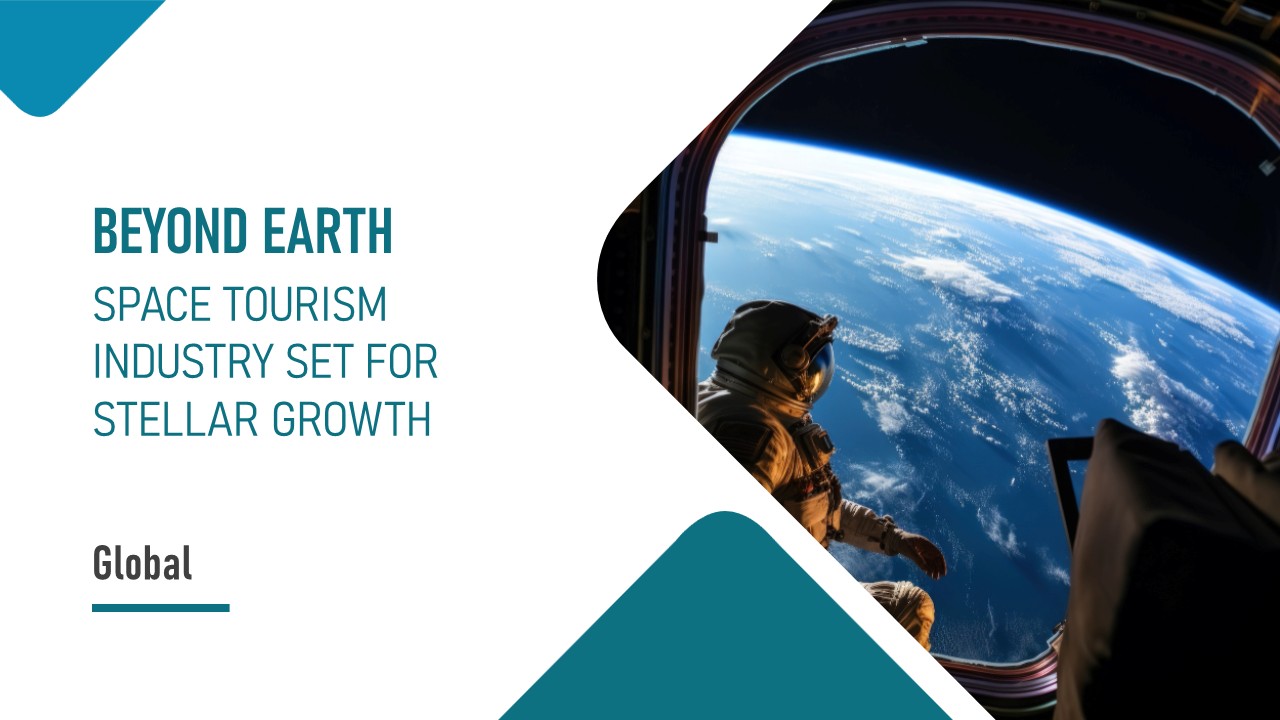
Space Tourism Industry set for Stellar Growth
Global Space tourism refers to the commercial practice of providing private individuals with opportunities to experience space travel for recreational and adventure purposes, allowing them to experience spaceflight personally.
Space tourism fosters global collaboration, drives technological innovation, and enhances public engagement, while also promoting economic growth and educational opportunities.
Space Tourism Industry impacts various sectors, such as education, R&D, aerospace, high-end tourism and hospitality.
Global Space Tourism Market Growth and Forecast
The Global Space Tourism Market size was valued at $1.3 billion in 2024 and is projected to grow at a CAGR of 31.43% from 2024 to 2030.
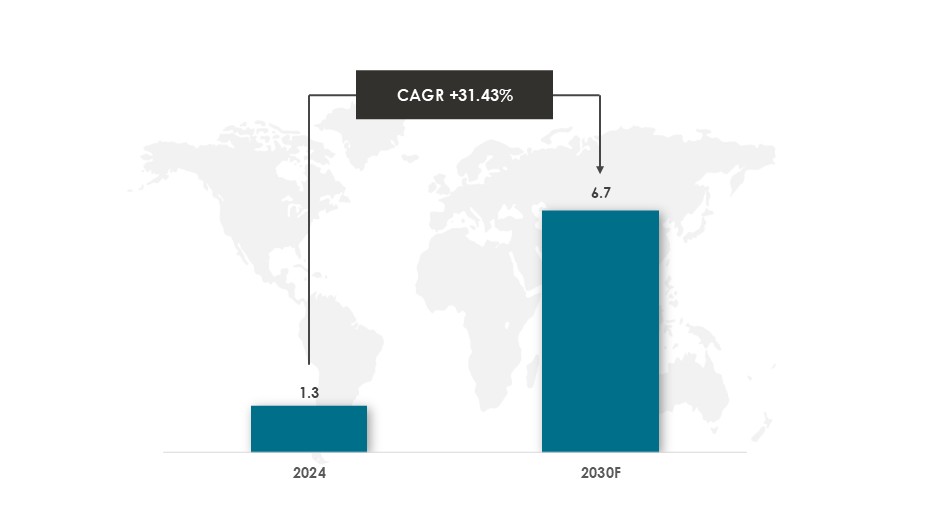
The Global Space Tourism Market is expected to reach $6.7 billion.
In addition, the space tourism market is expanding as rising commercial interest, advancements in reusable rockets and spacecraft design, a rise in private investments, enhanced safety and comfort, expanding service offerings, and the development of space habitats and lunar experiences drive its growth.
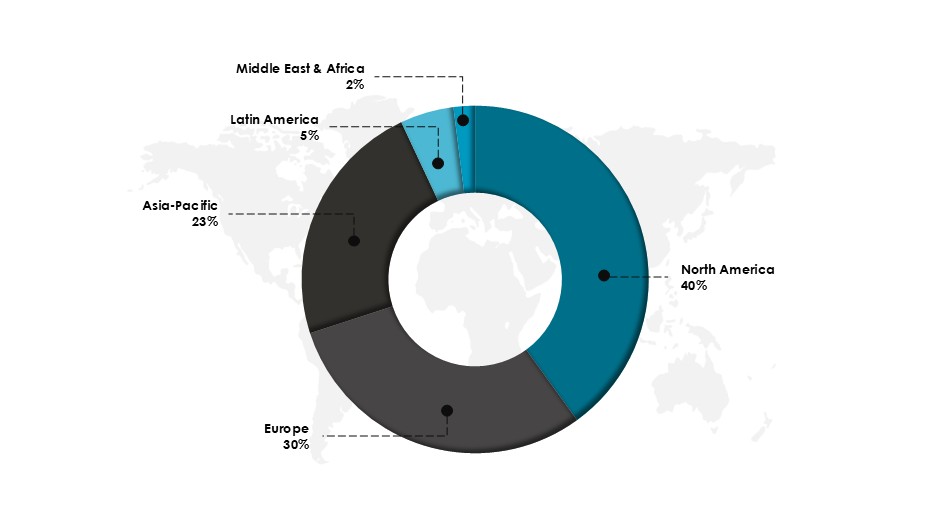
Market Developments

On October 13, 2024, SpaceX’s Starship Flight 5 successfully landed its Super Heavy booster by catching it with mechanical arms in a world-first “chopstick catch” maneuver, showing a historic advancement in reusable rocket technology.

On February 4, 2025, Blue Origin’s fully reusable New Shepard suborbital rocket completed its 29th mission, carrying 30 payloads, including lunar gravity simulation experiments, during a 10-minute, 6-second flight that reached an altitude of 104 km.
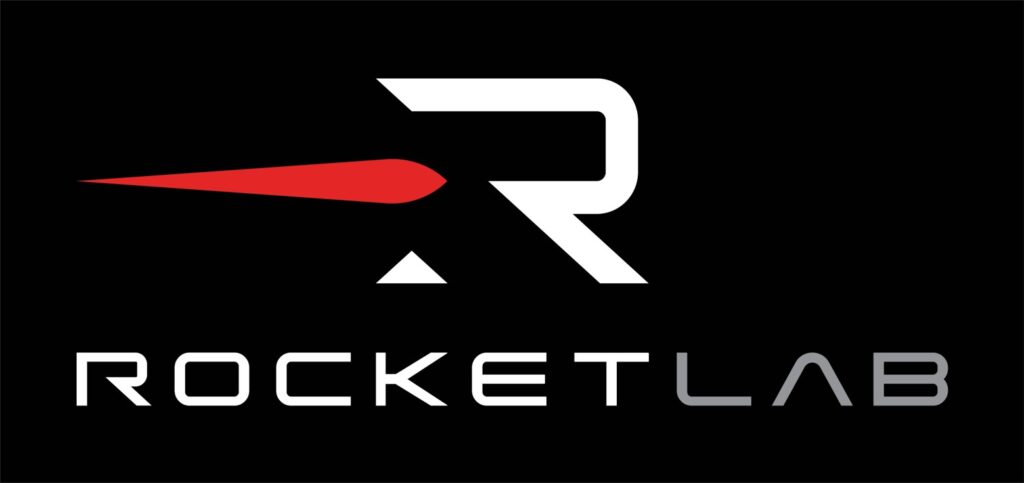
On August 24, 2023, Rocket Lab marked a milestone in its reusability efforts by successfully launching a reused 3D-printed Rutherford engine and recovering the Electron rocket’s first stage via ocean splashdown during its 40th mission, “We Love The Nightlife.”
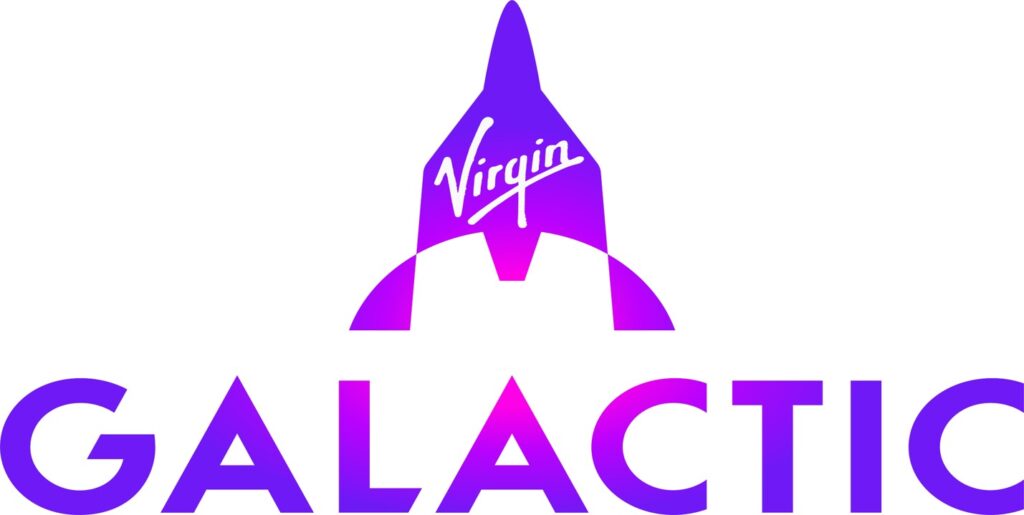
On June 29, 2023, Virgin Galactic commenced commercial operations with its innovative design and reusable spacecraft concept SpaceShipTwo spaceplane, VSS Unity, launching the “Galactic 01” mission carrying three research passengers to 85.1 km altitude and, as of December 2023, selling approximately 800 tickets priced between $200,000 – $450,000 per person.

In 2028, Space Walker, Japan’s first private spaceplane venture backed by JAXA, plans to launch its FuJin suborbital mission using the Eco Rocket, targeting space tourism by the 2030s and point-to-point orbital travel by the 2040s, utilizing reusable technology and carbon-neutral biomethane fuel.
Investments by Venture Capitalists
Venture capital investments in space tourism peaked at $24.19 billion in 2018. Despite fluctuations, the 5 years from 2019 to 2023 averaged over $15 billion annually, reflecting sustained interest from venture capital in commercial space ventures.
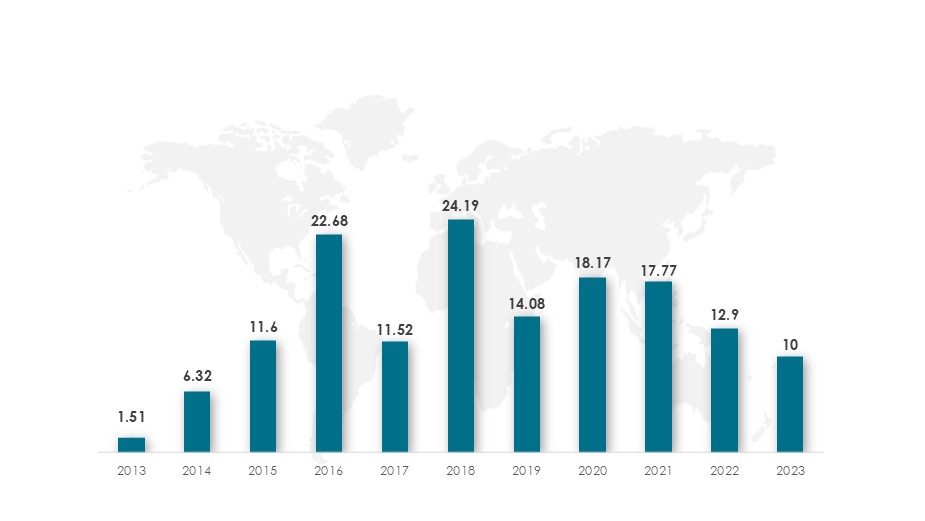
Investments by Companies
The space tourism sector is increasingly dominated by a few major players, with SpaceX capturing the largest investment share at 30%, reflecting investor confidence in its commercial spaceflight
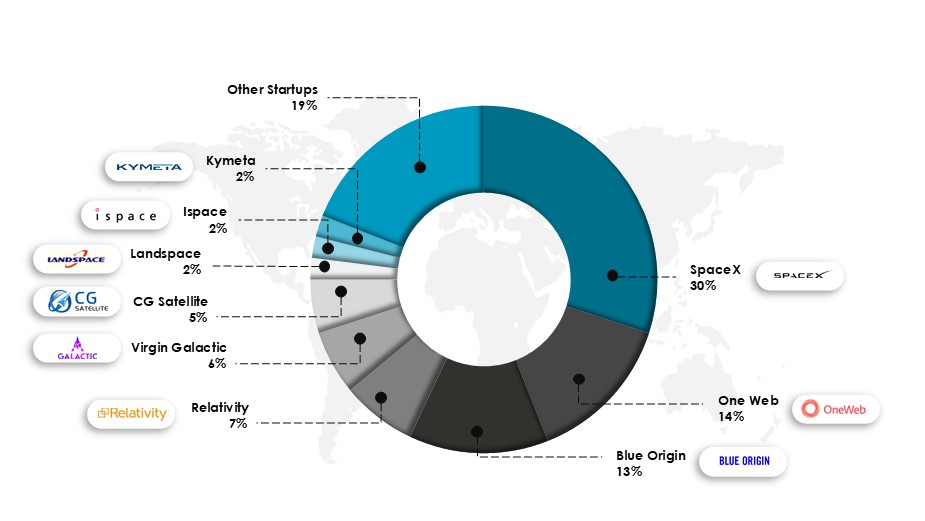
Advancements in reusable rocket technology have made space travel more accessible to invest.
Notable Investments
In 2023, Space Perspective raised $60 million in Series B funding from a group of venture capital investors. This followed an earlier $40 million Series A round in 2022, bringing total funding to over $100 million to provide lower-cost alternative to rocket-based space tourism.
In June 2023, Virgin Galactic completed its first commercial spaceflight; by year-end had secured ~$99.7 million in ticket deposits from 750 future astronauts who had purchased tickets for upcoming flights.
Stay tuned to Innovius Research for ongoing market insights and data-driven analysis.
Data Sources: Deloitte, Cognitive Market Research, GlobeNewswire, Fortune Business Insights, Newspace Economy, Rocketlab Corp, BlueOrigin, Statista, ElectroIQ
Other Market Insights

